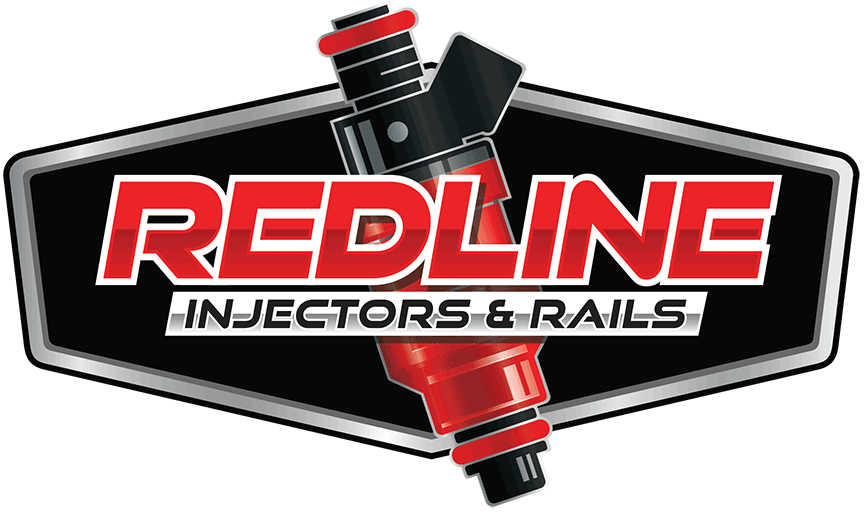Yes, ethanol can damage port fuel injectors, but the extent depends largely on the injector’s construction and materials. Older or non-ethanol-compatible injectors often use rubber seals, plastic components, or certain metals that can degrade when exposed to ethanol over time. Ethanol’s solvent properties can cause these seals to swell, crack, or shrink, potentially leading to leaks, reduced spray quality, or inconsistent fuel delivery. Plastic or composite injector bodies may also become brittle, and internal metal parts can corrode if ethanol absorbs water. Modern injectors in flex-fuel or ethanol-compatible engines are designed with materials—such as ethanol-resistant elastomers and corrosion-resistant metals—that allow them to handle higher ethanol blends without these issues, maintaining reliable spray patterns, flow rates, and overall performance.
-
Material Degradation:Ethanol can act as a corrosive solvent, degrading materials like rubber, plastic, and certain metals that are not designed to withstand its properties.
-
Deposit Removal:Ethanol is an effective cleaner and solvent, and it can remove deposits and varnish from existing fuel systems. While this can be beneficial for engine cleanliness, these lifted deposits can clog the fuel filter and injectors, restricting fuel flow and reducing performance.
-
Water Absorption:Ethanol absorbs water from the air, and this water-ethanol mixture can lead to phase separation in the fuel tank. This phase-separated fuel can be problematic for the fuel system.
-
Flex-Fuel Vehicles:Vehicles specifically designed to run on ethanol-blended fuels are equipped with materials and components that are resistant to the corrosive effects of ethanol.Modern Engines and Fuel Systems:After the mid-to-late 1990s, manufacturers began using materials compatible with ethanol additives. Modern fuel system components are engineered to withstand the effects of ethanol and are less prone to damage.
